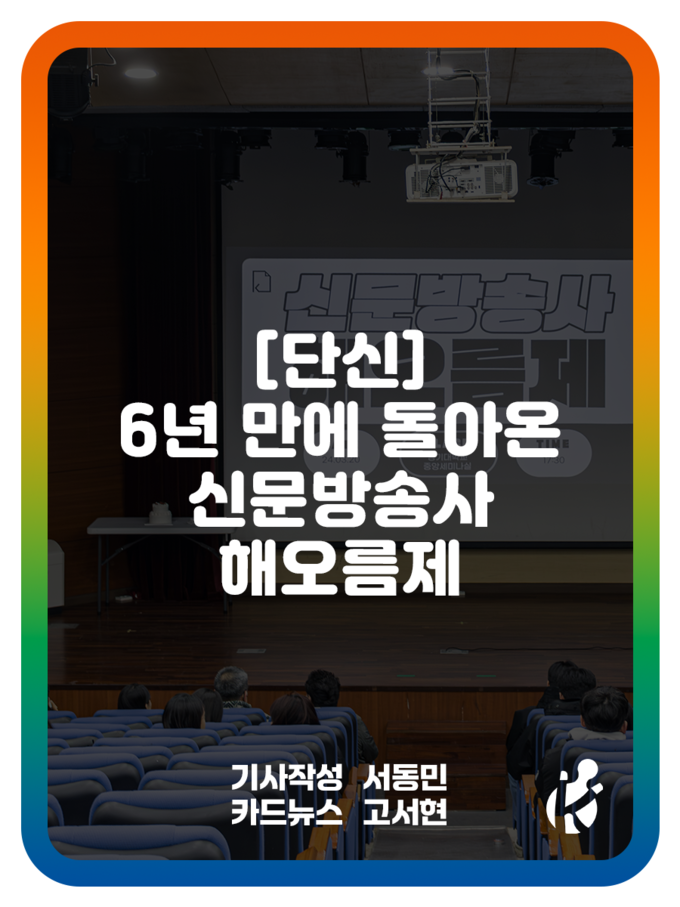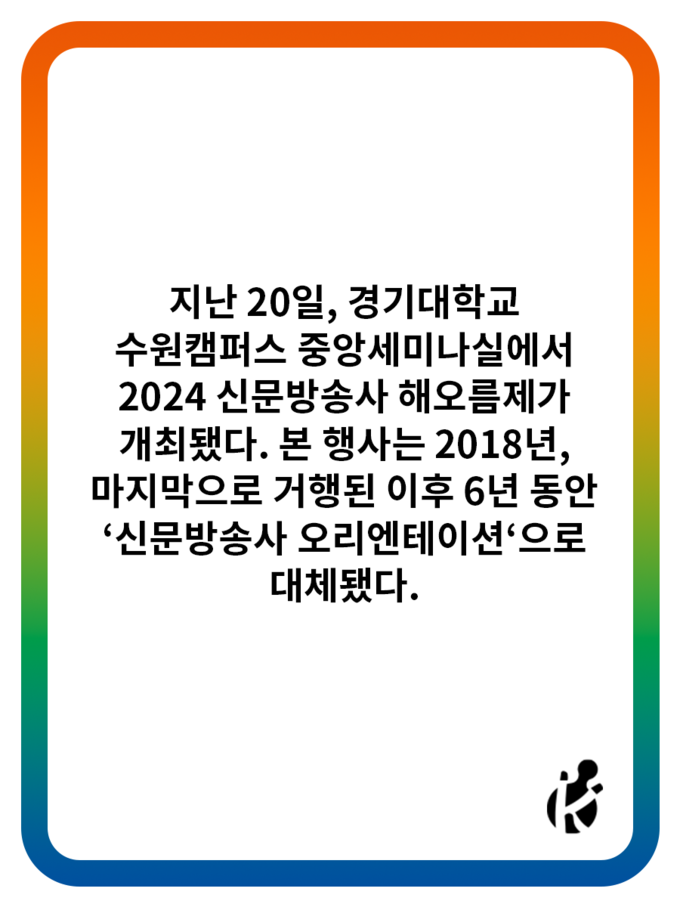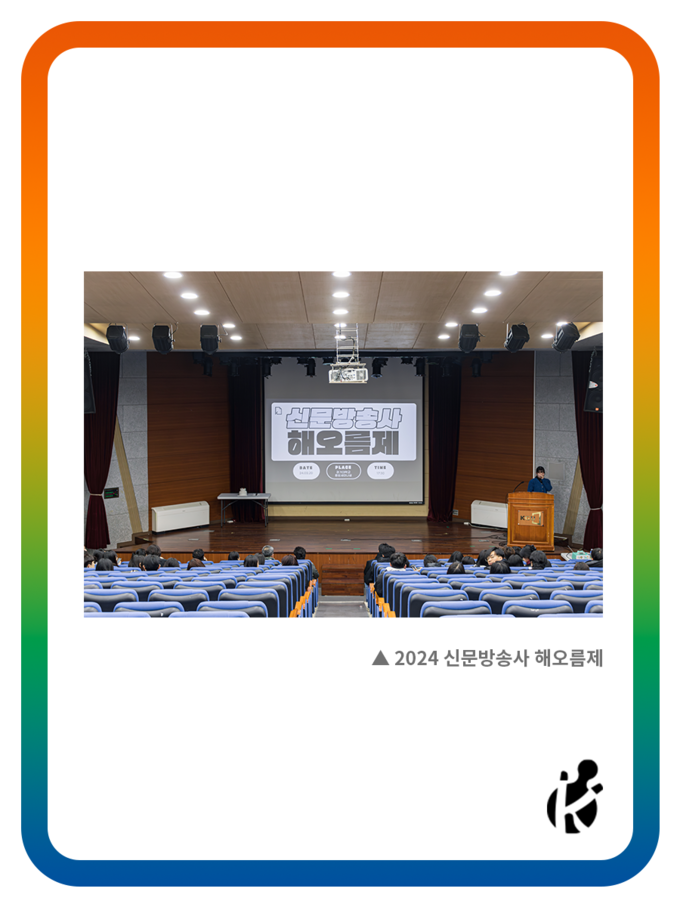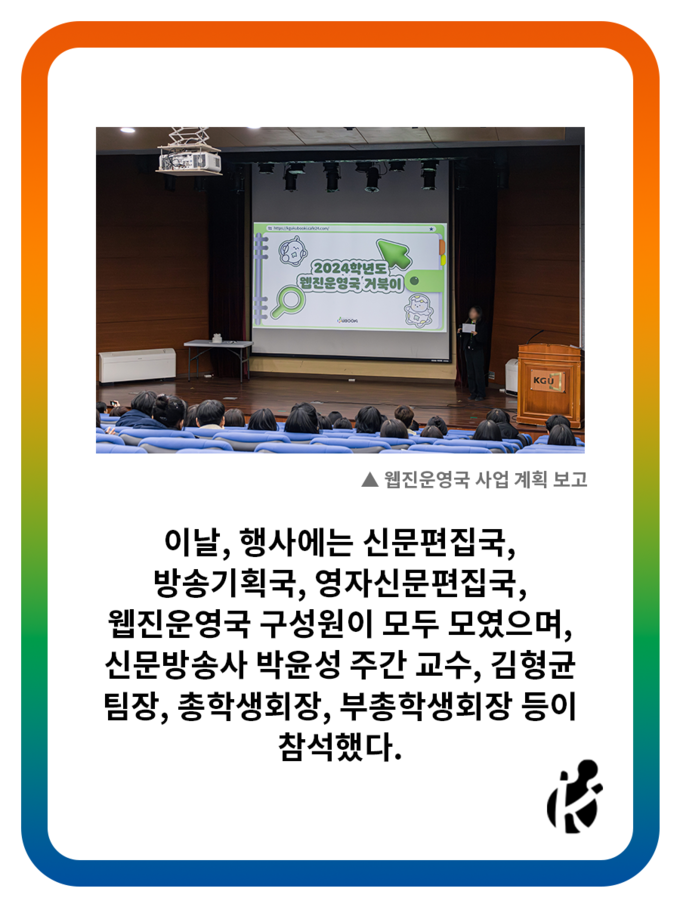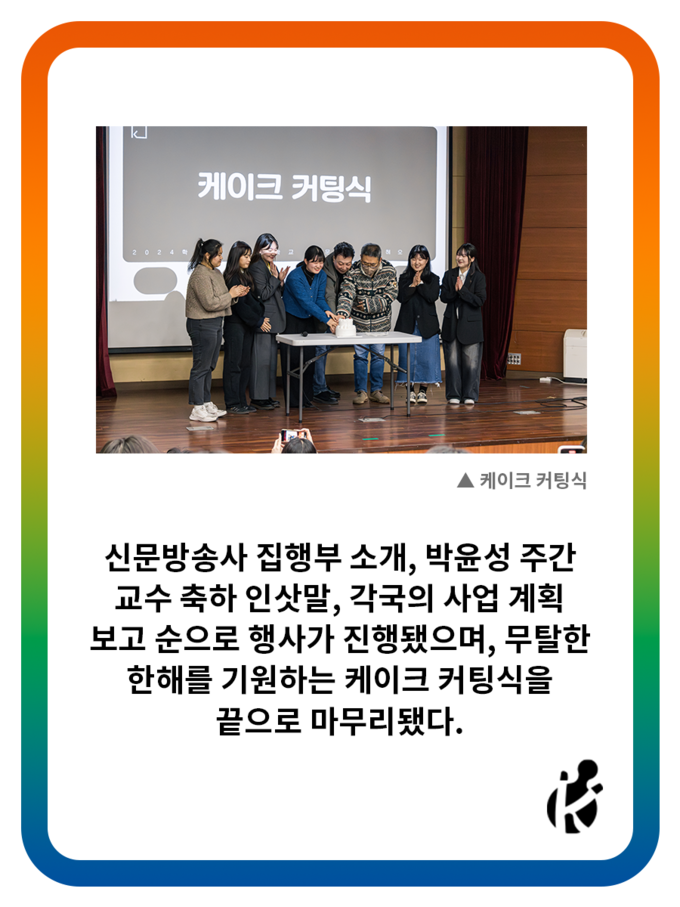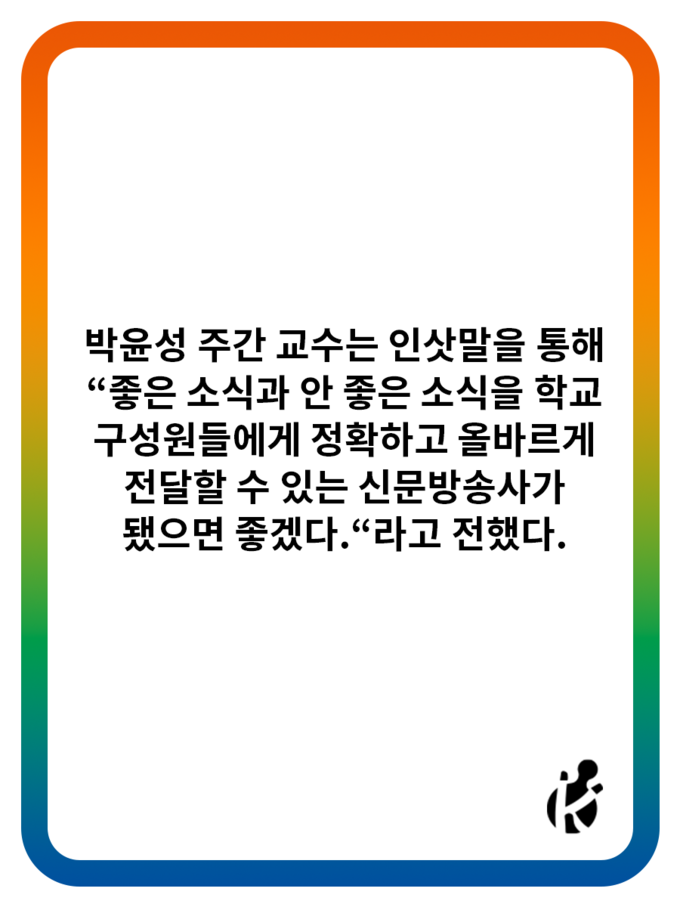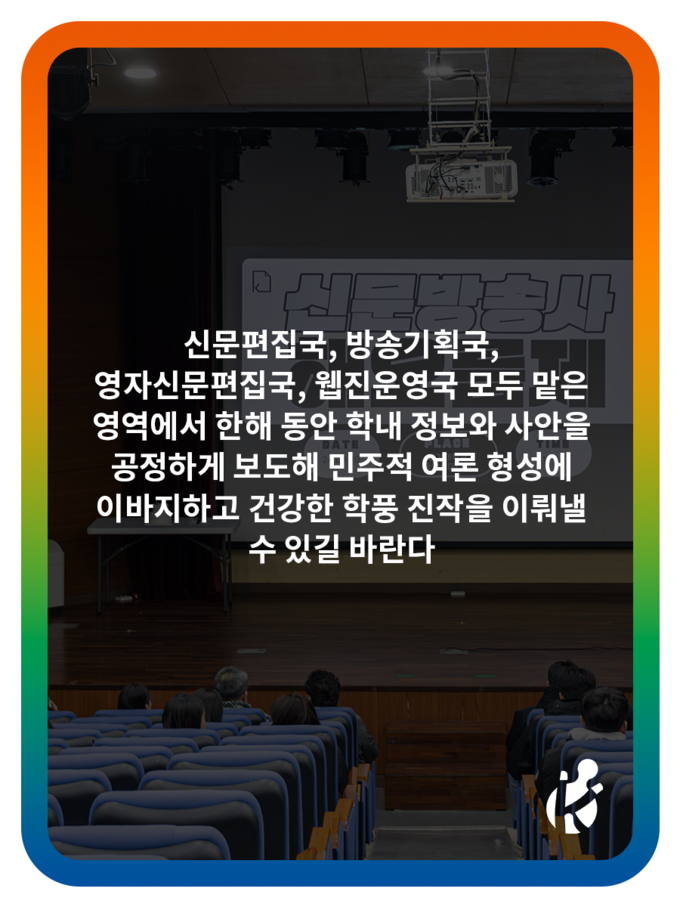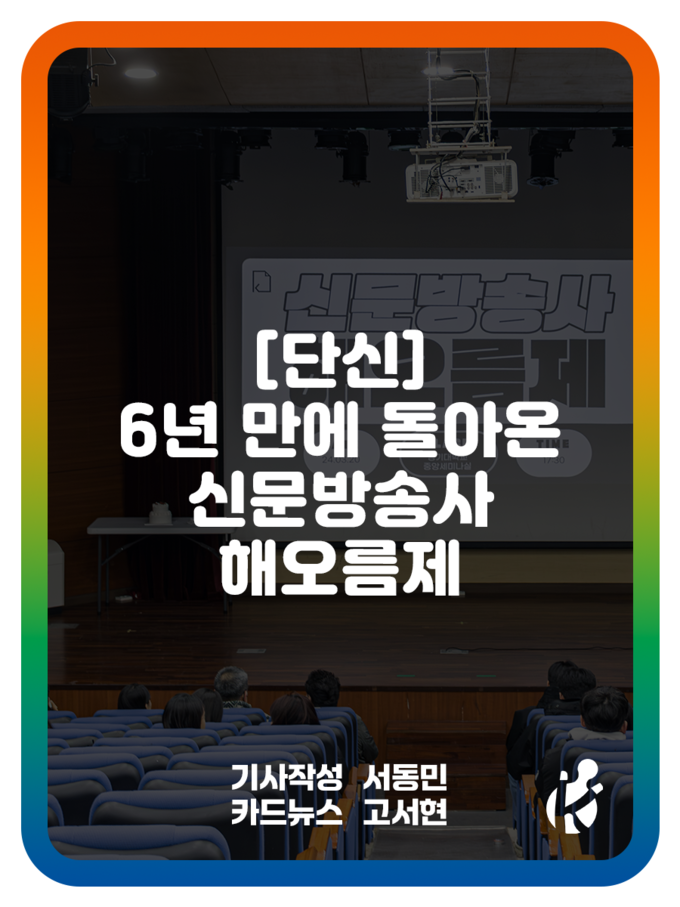Staying abroad should be a good opportunity to learn foreign cultures and languages, and you can earn cred\-its. These aspects may attract university students. If students try to learn the language of the country they stay in, they could improve their language skills and have unexpected experiences. However, doing something new could be the most difficult part to plan prior to starting. In the case of students who have never been to oth\-er countries, planning to participate in a student exchange program may seem vague. From now on, we are going to share how to prepare for the program at Kyonggi University.
1. Qualifications needed to apply
- You must have finished at least one semester as a full-time student. Even if you are a transfer student, you have got to complete at least one semester as well. (Students on a leave of absence can apply for it but can’t be sent to an overseas university.)
- Your GPA (Grade Point Average) must be at least 3.0.
- After finishing the program and coming back to Korea, you have to stay in the school at least one semester.
2. Documents that have to be handed in
- An application form for the international student exchange program (print from Kutis)
- A reason for submitting the application form and a study plan form (print from Kutis)
- A copy of your passport
- A copy of your linguistic report card
3. An interview with an exchange student
We interviewed an exchange student, Park Jong-hwan (2010), majoring in food and biological engineering, to answer some questions about the student exchange program. He has been studying his major in Germany since the beginning of this year. We were curious about how exchange students prepared for the program, and what they thought their lives in other countries were like.
(1) What is the main part you focused on when you were preparing for the program?
There was a student who could speak English very well when I was first interviewed for the exchange program. I took it for granted that the student had passed the interview, because he had much information that is relevant to his major including the location where he would stay. After the interview, I studied speaking English and searched for the region I wanted to go to for more than six months. Plus, I collected information about the university I want to go to and the majors it has.
(2) Could you tell us the differences between school life in Germany and Korea as an exchange student?
First of all, I think the teaching style of professors in the German university is different. The professor makes his or her students realize what they need to learn by asking them several questions rather than just letting them know in a straightforward way. In addition, most of the students tend to actively answer the questions. The professors sometimes argue about different ideas their students have in class, and the different ideas are appreciated by the professors from time to time. The next different one I was shocked by is the attitude of the students. Most of them acted like my old friends even though I had nerver met them before. In Korea, it’s not unusual to see people who are wary when someone new approaches. I felt it was pretty easy to approach Germans when I want to ask something or hang out with them.
(3) Could you recommend things Kyonggi University students have to do before applying for the student exchange program?
I think studying English speaking is essential to become an exchange student. It would be better to learn English before going than try to learn it at overseas universities. The reason is that most of the other foreign students speak English well. Furthermore, as there are lots of volunteer activities that help foreigners in Korea, it will be helpful to participate in the activities to have the opportunity to meet foreigners and learn their cultures. It will benefit you greatly. Finally, being well-informed about the university you want to go to is important, because you can be asked about the information during the interview of the student exchange program.
Although you may want to use English through the program, you don’t have to choose one of the English-speaking countries. This is because you can take classes conducted in English even in non-English-speaking countries. Therefore, you can use English often enough even if you go to non-English-speaking countries. Everything seems difficult until you start. Remember, well begun is half done. Let’s do it.
- TAG
-
 Shall We Dance?
There are moments that you want to get away from. Sometimes life is overwhelming and you might think that you’re too fragile. Due to personal reasons, I felt like that while working on this issue. Although I felt helpless, somehow I got over it. You control your own life. Your society is where you belong. You should take responsibility for your life and society and take good care of yourself. What I tried not to forget is this quote by Viv...
Shall We Dance?
There are moments that you want to get away from. Sometimes life is overwhelming and you might think that you’re too fragile. Due to personal reasons, I felt like that while working on this issue. Although I felt helpless, somehow I got over it. You control your own life. Your society is where you belong. You should take responsibility for your life and society and take good care of yourself. What I tried not to forget is this quote by Viv...

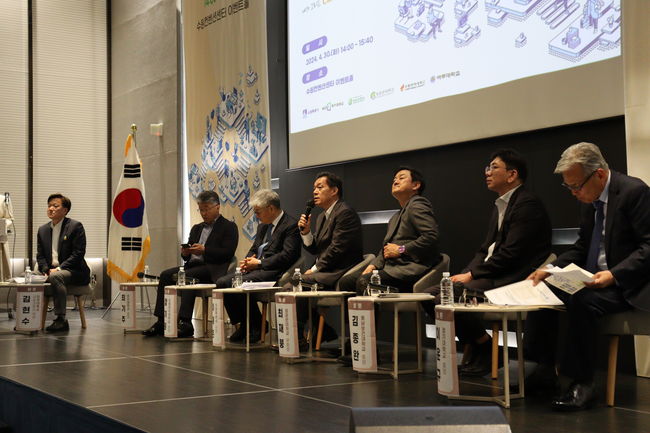 [심층보도] 캠퍼스타운, 본교 발전의 초석 될까
[심층보도] 캠퍼스타운, 본교 발전의 초석 될까
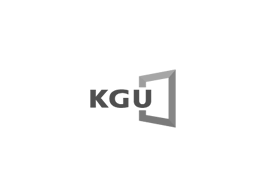 [와이파이] 성인 엑스포, 단순 행사인가 유사 성매매인가
[와이파이] 성인 엑스포, 단순 행사인가 유사 성매매인가
 [방구석 시사회] ‘괴물 형사’ 마석도, 네 번째 진실의 방으로
[방구석 시사회] ‘괴물 형사’ 마석도, 네 번째 진실의 방으로
 [진리터] 우후죽순 발생하는 이슈, 관심으로 찾을 수 있는 권리
[진리터] 우후죽순 발생하는 이슈, 관심으로 찾을 수 있는 권리

 목록
목록







